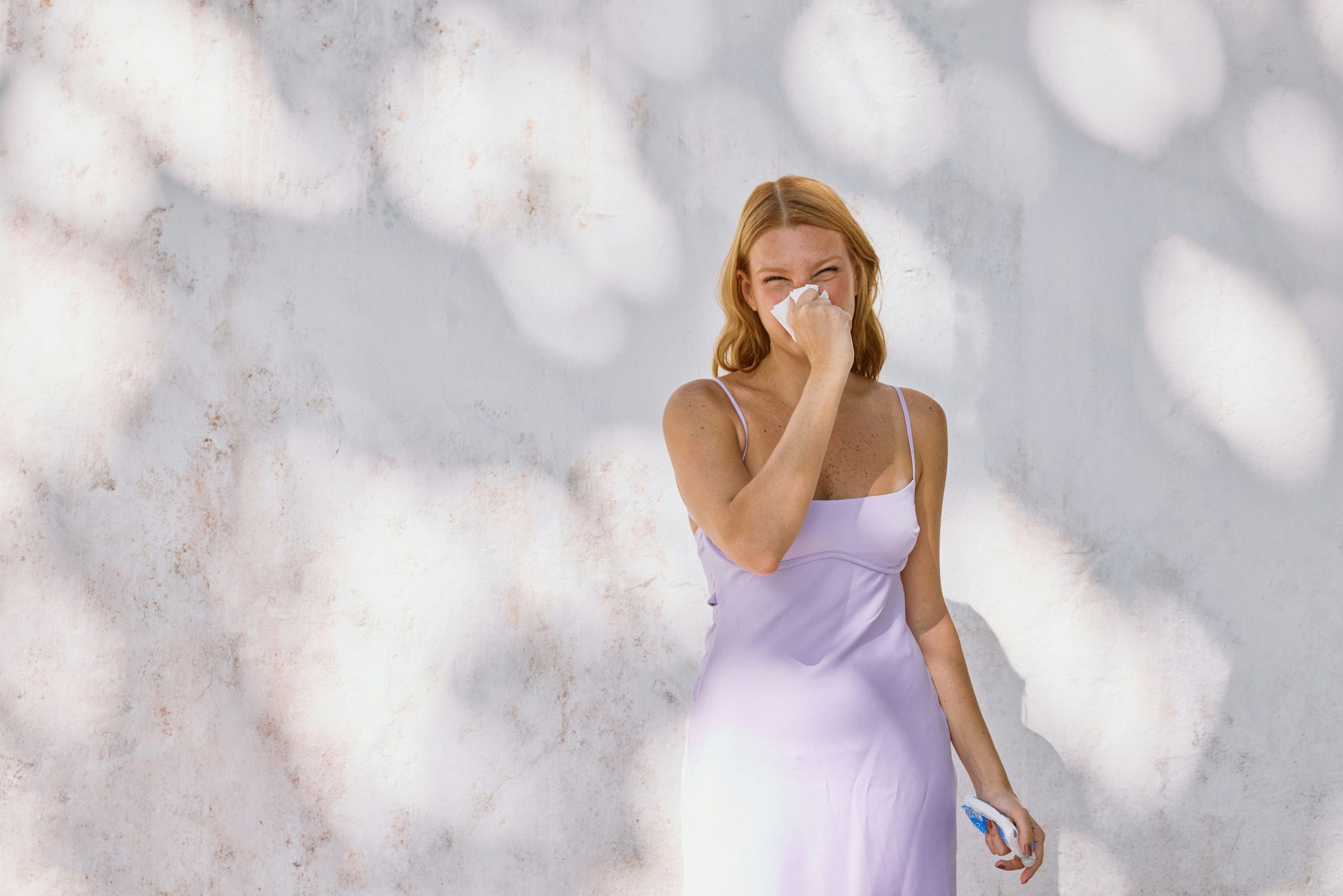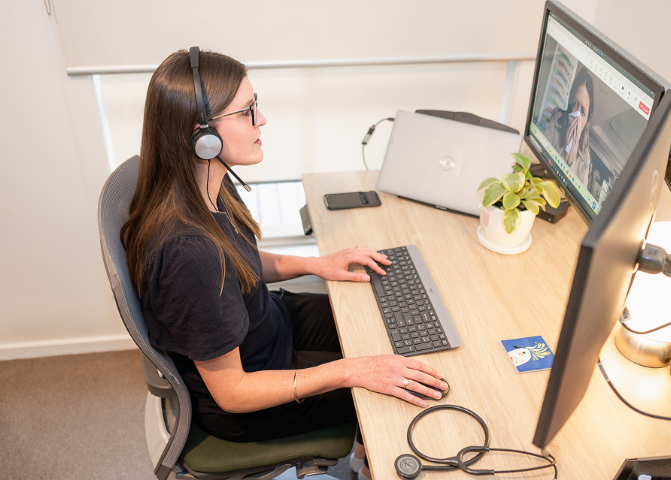13/12/2024
Travel Medical Kit Checklist
When getting ready for a trip, having a well-stocked travel health kit can be a lifesaver in unexpected situations. Here’s a handy checklist to ensure you pack the essentials:
Basic First Aid Supplies
Compression bandages (various sizes)
Antiseptic wipes or solution (for cleaning wounds)
Sterile gauze pads
Disposable gloves
Adhesive tape (Leukoplast)
Medications
Personal prescription medications (enough for the trip + extra)
Pain relievers (e.g., paracetamol, ibuprofen)
Allergy medications (antihistamines, EpiPen if needed)
Anti-diarrheal medication (e.g., loperamide)
Motion sickness tablets (if applicable)
Cold and flu remedies
Rehydration salts (Hydralyte)
Antacid (for indigestion or heartburn)
Preventive Care
Insect repellent (with DEET)
Sunscreen (SPF 30 or higher)
Hand sanitizer (alcohol-based)
Lip balm with SPF
Mosquito net (if traveling to areas with mosquito-borne diseases)
Ear plugs
Sleeping mask and travel pillow
Hat
Personal Hygiene Items
Tissues or wet wipes
Travel-sized soap or body wash
Toothbrush and toothpaste
Sexual health protection
Menstrual hygiene products (if needed)
Specialty Items (Based on Destination)
Traveling to developing countries, remote regions, tropical climates, or high-altitude areas exposes you to health risks that are uncommon in developed, temperate-climate destinations.
Antibiotics for severe intestinal infections or for serious respiratory infection.
Altitude sickness medication (if traveling to high altitudes)
Water purification tablets or a portable water filter
Antifungal cream or powder (for humid climates)
Anti-malarial medications (if applicable)
Travel Documentation
Copies of your prescriptions (including generic names) and letter from your doctor
Vaccination certificate (Covid, yellow fever if required)
Details of your travel insurance
Pro Tips
Pack items in a waterproof bag or container.
Consider country-specific health risks (e.g., malaria zones, required vaccinations).
Check expiration dates on all medications.
Keep prescription medications in their original packaging for customs.
A well-prepared travel health kit ensures peace of mind, letting you focus on enjoying your journey! 🌍✈️
For travel specific advice have a chat to one of our clinicians.
Recommended reading
Search for a specific topic or filter by categories to find information on what you need to know on the full Medmate Journal

What Are Antihistamines and How Do They Work?
If you experience sneezing fits in spring, itchy skin after contact with something new, or watery eyes around pets, you may have been told to take an antihistamine. But what…
